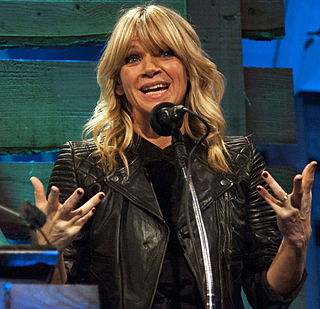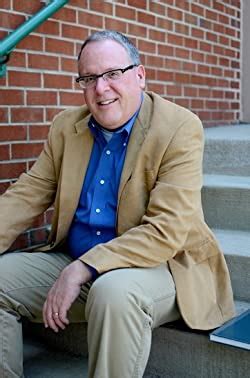A Quote by Albert Camus
Absurdism, like methodical doubt, has wiped the slate clean. It leaves us in a blind alley. But, like methodical doubt, it can, by returning upon itself, open up a new field of investigation, and in the process of reasoning then pursues the same course. I proclaim that I believe in nothing and that everything is absurd, but I cannot doubt the validity of my proclamation and I must at least believe in my protest.
Related Quotes
Do you call it doubting to write down on a piece of paper that you doubt? If so, doubt has nothing to do with any serious business. But do not make believe; if pedantry has not eaten all the reality out of you, recognize, as you must, that there is much that you do not doubt, in the least. Now that which you do not at all doubt, you must and do regard as infallible, absolute truth.
The starting-point and chief principle of every science, and hence of theology also, is not only methodical doubt, but positive doubt. One can believe only what one has perceived to be true from reasonable grounds, and consequently one must have the courage to continue doubting until one has found reliable grounds to satisfy the reason.
There are many different kinds of doubt. When we doubt the future, we call it worry. When doubt other people we call is suspicion. When we doubt ourselves we call it inferiority. When we doubt God we call it unbelief. When we doubt what we hear on television we call it intelligence! When we doubt everything we call it cynicism or skepticism.
We cannot begin with complete doubt. We must begin with all the prejudices which we actually have when we enter upon the study ofphilosophy. These prejudices are not to be dispelled by a maxim, for they are things which it does not occur to us can be questioned. A person may, it is true, in the course of his studies, find reason to doubt what he began by believing; but in that case he doubts because he has a positive reason for it, and not on account of the Cartesian maxim. Let us not pretend to doubt in philosophy what we do not doubt in our hearts.
No doubt, there are those who believe that judges - and particularly dissenting judges - write to hear themselves say, as it were, 'I, I, I.' And no doubt, there are also those who believe that judges are, like Joan Didion, primarily engaged in the writing of fiction. I cannot agree with either of those propositions.
We must be fully committed, but we must also be aware at the same time that we might possibly be wrong. People who claim to be absolutely convinced that their stand is the only right one...is a dead giveaway of unconscious doubt. Commitment is healthiest when it is not without doubt, but in spite of doubt.
Doubt is most often the source of our powerlessness. To doubt is to be faithless, to be without hope or belief. When we doubt, our self-talk sounds like this: 'I don't think I can. I don't think I will.'... To doubt is to have faith in the worst possible outcome. It is to believe in the perverseness of the universe, that even if I do well, something I don't know about will get in the way, sabotage me, or get me in the end.
True belief is not about blind submission. It is about open-eyed acceptance, and acceptance requires persistent distance from the truth, and that distance is doubt. Doubt, in other words, can feed faith, rather than destroy it. And it forces us, even while believing, to recognize our fundamental duty with respect to God's truth: humility. We do not know. Which is why we believe.
Most people like to believe something is or is not true. Great scientists tolerate ambiguity very well. They believe the theory enough to go ahead; they doubt it enough to notice the errors and faults so they can step forward and create the new replacement theory. If you believe too much you'll never notice the flaws; if you doubt too much you won't get started. It requires a lovely balance.
Doubt is a profound and effective spiritual motivation. Without doubt, no truism is transcended, no new knowledge found, no expansion of the imagination possible. Doubt is unsettling to the ego and those who are drawn to ideologies that promise the dispelling of doubt by preferring certainties never grow.









































